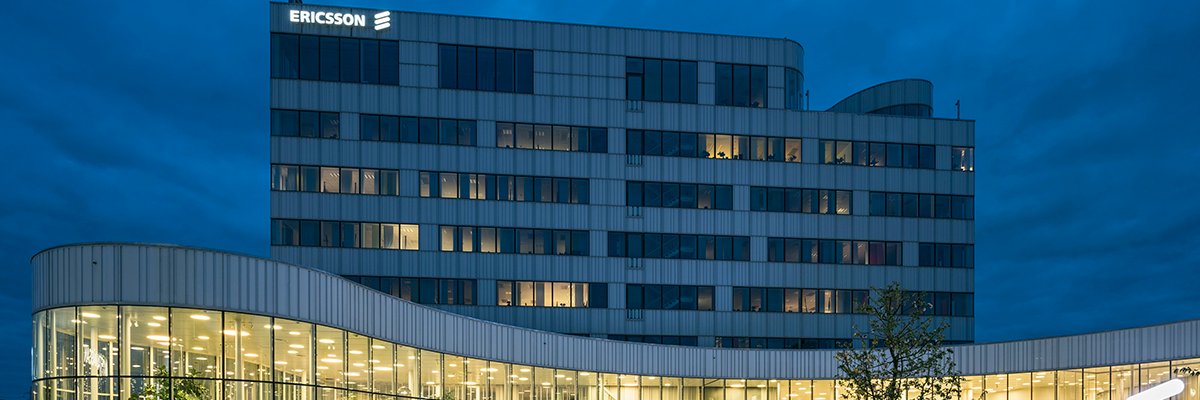Ericsson has announced the launch of its India 6G programme with the formation of an India 6G Research team in its Chennai research and development (R&D) centre.
At present, the communications technology and services provider has three R&D centres in India, located in Chennai, Bengaluru and Gurgaon. The India 6G team comprises senior research leaders and a team of researchers across the areas of radio, networks, artificial intelligence (AI) and cloud, who have been entrusted with developing fundamental services for the future of telecommunications.
Together with Ericsson research teams in Sweden and the US, the India research team will work collaboratively to develop the technology, which will help to deliver a cyber-physical continuum where networks will deliver critical services, immersive communications and omnipresent internet of things (IoT) while ensuring the integrity of the delivered information.
A year ago, Ericsson established a research unit in the UK as part of a multi-million-pound investment to boost the country’s future wireless connectivity capabilities, focusing on 6G research and what it hoped would be breakthrough innovations.
The company anticipated that 6G would merge the digital and physical world, contribute to a more intelligent, sustainable and efficient society, and help to deliver new use cases that include multi-sensory extended reality, precision healthcare, smart agriculture, collaborative robot (cobot) and intelligent autonomous systems.
Ericsson has been present in India since 1903, and its research team was established in 2010. With the setting up of 6G research in India, Ericsson said it looks forward to playing a pivotal role in enabling India to be at the forefront of future communication technology. The company envisions a 6G network platform which connects humans and machines, and is able to fully merge physical and digital worlds to allow seamless interaction and immersive experiences.
The 6G research team in India will develop novel offerings in collaboration with Ericsson Global Research teams. Projects being worked on include channel modelling and hybrid beamforming; low-energy networks; cloud evolution and sustainable compute; trustworthy, explainable and bias-free AI algorithms; autonomous agents for intent management functions; integrated sensing and communication functions for man-machine continuum; and compute offload to edge-computing cloud.
As part of the programme, Ericsson is partnering with premier institutes in India for radio, AI and cloud research, the most recent being a five-year partnership with the Indian Institute of Technology Madras (IIT Madras) Centre for Responsible AI, signed in September 2023.
The Centre for Responsible AI is an interdisciplinary research centre that envisions becoming a premier research centre for both fundamental and applied research in responsible AI with immediate impact in deploying AI systems in the Indian ecosystem. Ericsson said AI research is of high importance as the 6G networks would be autonomously driven by AI algorithms. The firm is also looking to partner with other premier engineering institutes in India for 6G-related research.
“By establishing a dedicated 6G research team for in-country research, contextual to India’s need and collaborating with the world-class research programmes across international research labs, we look forward to incorporating the needs of India into the mainstream of telecommunication technology evolution,” said Magnus Frodigh, head of research at Ericsson.”
“Our views on 6G are aligned with the views of ubiquitous connectivity, sustainable networks and affordable communications from the Bharat 6G vision statement of the Government of India,” added Nitin Bansal, head of Ericsson India. “Based on the work being done by Indian researchers and the global teams, Ericsson in India is well poised to usher in the ‘India 6G’ era in collaboration with the government, universities and the industry ecosystem in India.”
